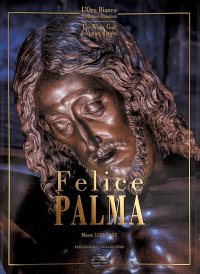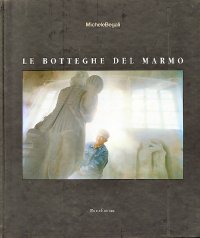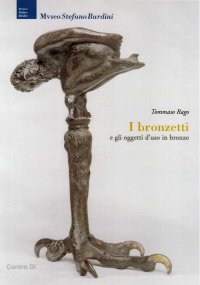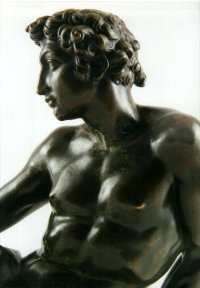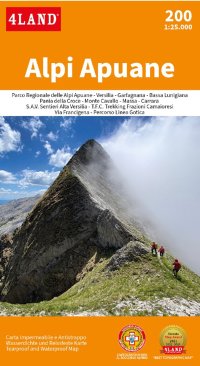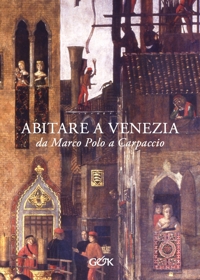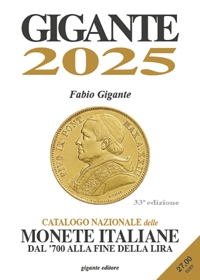Felice Palma. Massa 1583-1625. Collezione / Collection.
Texts by Andrei Cristina, Ciarlo Nicola, Federici Fabrizio, Claudio Casini and Sara Ragni.
Italian and English Text.
Pontedera, 2024; bound in a case, pp. 289, b/w and col. ill., b/w and col. plates, cm 24,5x34.
(L'Oro Bianco. Straordinari Dimenticati. The White Gold Forgotten Masters).
cover price: € 160.00
|
Books included in the offer:
Felice Palma. Massa 1583-1625. Collezione / Collection.
Texts by Andrei Cristina, Ciarlo Nicola, Federici Fabrizio, Claudio Casini and Sara Ragni.
Italian and English Text.
Pontedera, 2024; bound in a case, pp. 289, b/w and col. ill., b/w and col. plates, cm 24,5x34.
(L'Oro Bianco. Straordinari Dimenticati. The White Gold Forgotten Masters).
FREE (cover price: € 160.00)
Le botteghe del marmo
Italian and English Text.
Ospedaletto, 1992; bound, pp. 153, 10 b/w ill., 60 col. ill., cm 24x29.
(Immagine).
FREE (cover price: € 34.49)
Museo Stefano Bardini. I Bronzetti e gli Oggetti d'Uso in Bronzo
Edited by Nesi A.
Firenze, 2009; paperback, pp. 191, 102 b/w ill., 7 col. ill., cm 17x24,5.
(Museo Stefano Bardini).
FREE (cover price: € 30.00)
Bronzetti e Rilievi dal XV al XVIII Secolo
Bologna, 2015; 2 vols., bound in a case, pp. 729, ill., col. plates, cm 21,5x30,5.
FREE (cover price: € 90.00)
Marino Marini. Cavalli e cavalieri. Horses and Riders. [Ed. Italiana e Inglese]
Silvana Editoriale
Nuoro, MAN, December 15, 2012.
Nuoro, MAN, December 15, 2012 - February 24, 2013.
Edited by Giusti L. and Salvadori A.
Italian and English Text.
Cinisello Balsamo, 2012; hardback, pp. 145, 150 col. ill., cm 23x27.
(Cataloghi di Mostre).
series: Cataloghi di Mostre
ISBN: 88-366-2559-2 - EAN13: 9788836625598
Subject: Collections,Essays (Art or Architecture),Monographs (Sculpture and Decorative Arts),Sculpture
Period: 1800-1960 (XIX-XX) Modern Period,1960- Contemporary Period
Languages: 

Weight: 1.043 kg
After a preliminary phase in which the subject was explored along with others, his deep investigation of horses and riders took over after the war, helping to define decisively an extraordinarily intense and consistent formal parable that was in line with contemporary international trends but that was profoundly original at the same time. From the creation of archetypal figures with Etruscan roots through a process of progressive volumetric compression ultimately reaching the figure's geometric decomposition, the story of Marini's horses and riders constitutes one of the most outstanding moments in twentieth- century Italian art. His path is traced here in a critical anthology with a rich array of images, as well as through a series of new studies on his horses and riders, on the figure of the humanist artist during the cold war and on the use of color in his sculpture.
Mauro Mancini € 30.40
€ 32.00 -5 %
Fabio Gigante € 25.65
€ 27.00 -5 %






